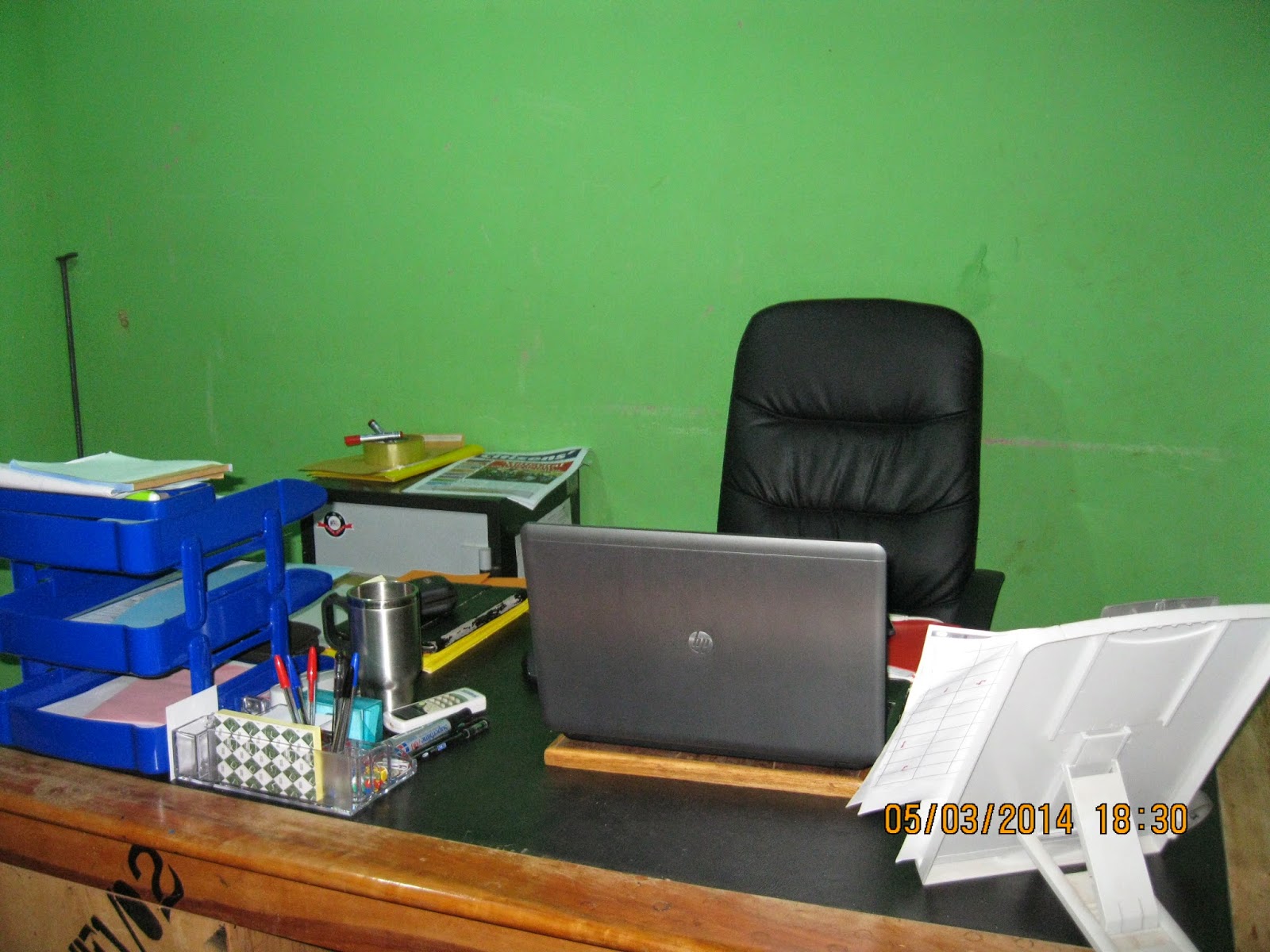Remote Work Trends: Shaping the Future of Work
Remote work has undergone a significant transformation in recent years, driven by advances in technology, changing work preferences, and global events such as the COVID-19 pandemic. As we look ahead, several key trends are shaping the future of remote work:
1. Hybrid Work Models:
Many organizations are adopting hybrid work models, allowing employees to work both remotely and in the office. This approach offers flexibility for employees while maintaining opportunities for collaboration and face-to-face interaction.
2. Digital Nomadism:
The rise of digital nomadism has led to an increase in remote workers who travel and work from various locations around the world. This trend is fueled by the growing acceptance of remote work and the desire for a flexible lifestyle.
3. Focus on Work-Life Balance:
Remote work has highlighted the importance of work-life balance, with many employees seeking flexible work arrangements that allow them to better manage their personal and professional lives.
4. Emphasis on Well-Being and Mental Health:
As remote work blurs the lines between work and home life, there is a growing emphasis on well-being and mental health. Employers are implementing policies and programs to support employee well-being and prevent burnout.
5. Increased Reliance on Technology:
Remote work has led to an increased reliance on technology for communication, collaboration, and productivity. Tools such as video conferencing, project management software, and virtual collaboration platforms have become essential for remote teams.
6. Continued Growth of Remote Job Opportunities:
The demand for remote work is expected to continue growing, with more companies offering remote job opportunities across a wide range of industries. This trend is opening up new possibilities for job seekers and increasing competition for remote talent.
7. Focus on Cybersecurity:
With remote work comes an increased focus on cybersecurity, as employees access company systems and data from outside the traditional office environment. Companies are implementing robust cybersecurity measures to protect against threats.
8. Impact on Urbanization and Real Estate:
Remote work has the potential to impact urbanization trends, as employees have the flexibility to live further away from city centers. This trend could lead to changes in real estate markets and transportation infrastructure.
In conclusion, remote work trends are reshaping the way we work and live, offering new opportunities for flexibility, collaboration, and well-being. By embracing these trends and adapting to the changing nature of work, organizations and individuals can thrive in the remote work environment of the future.




Comments
Post a Comment